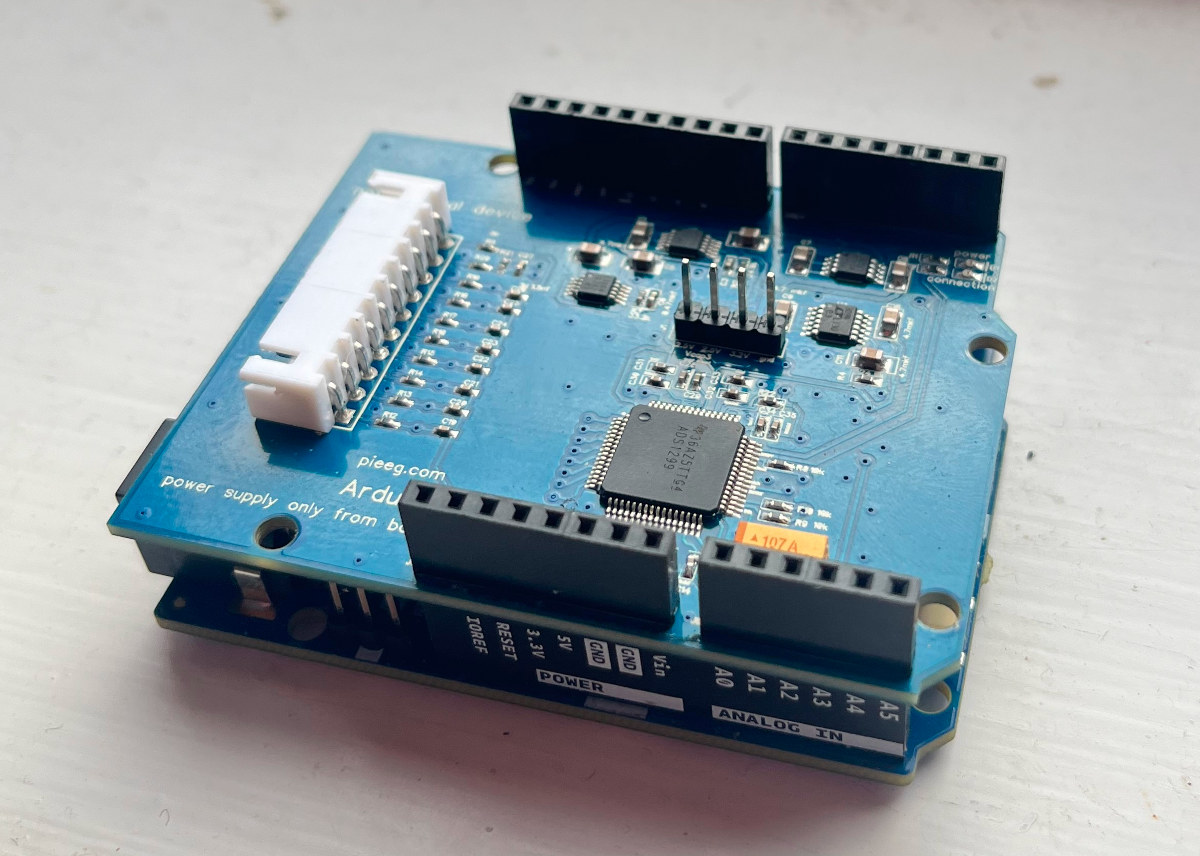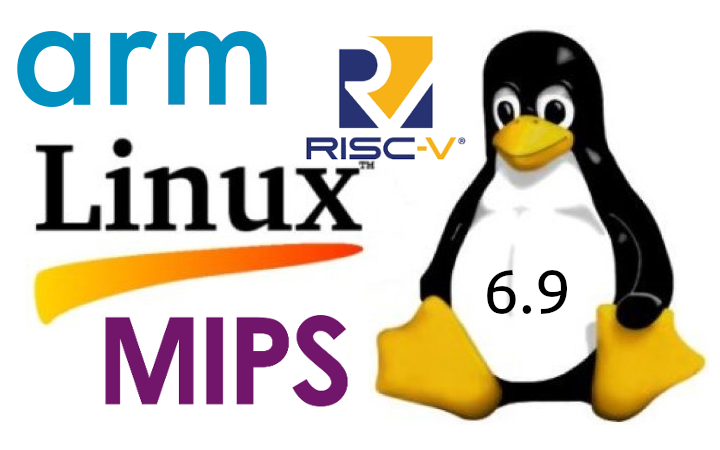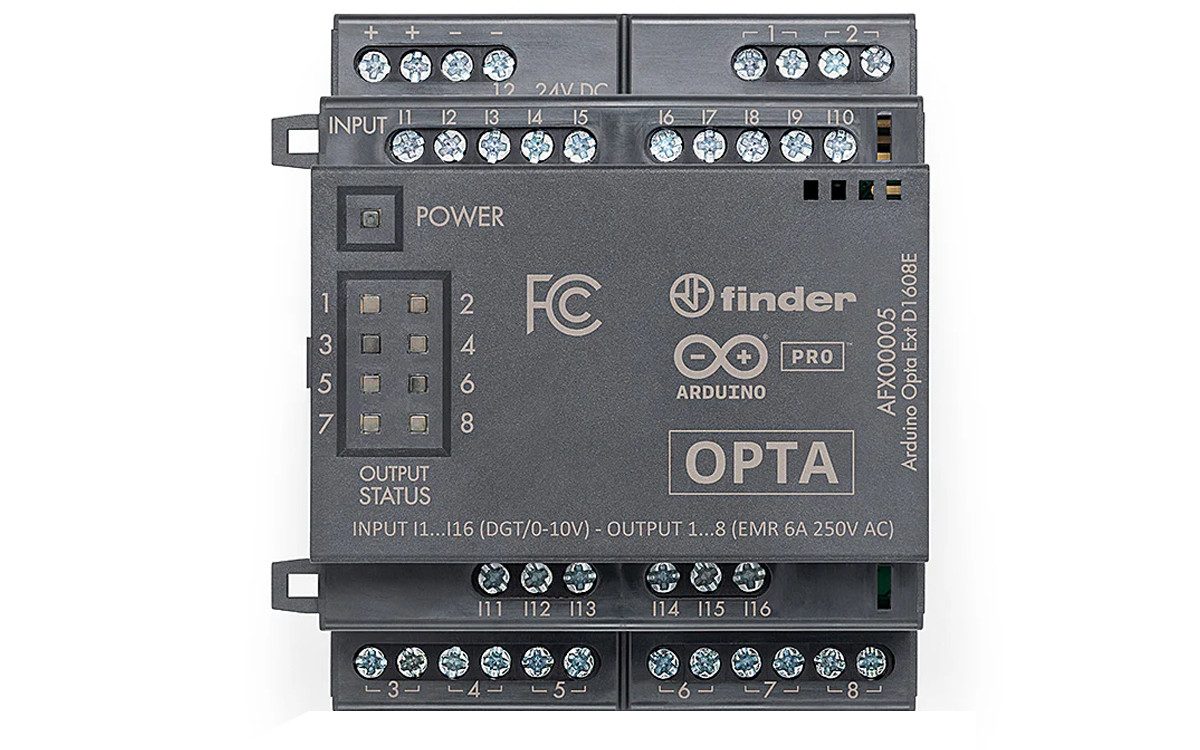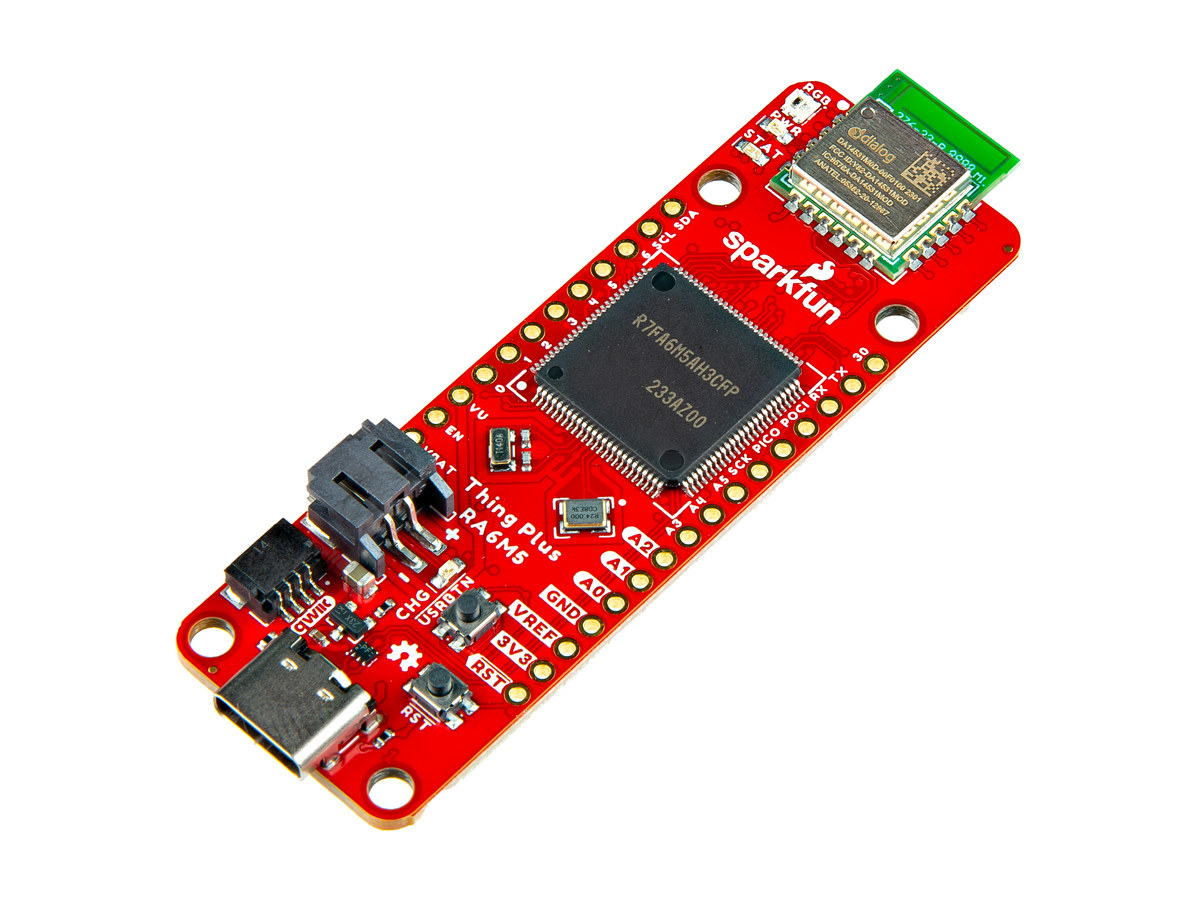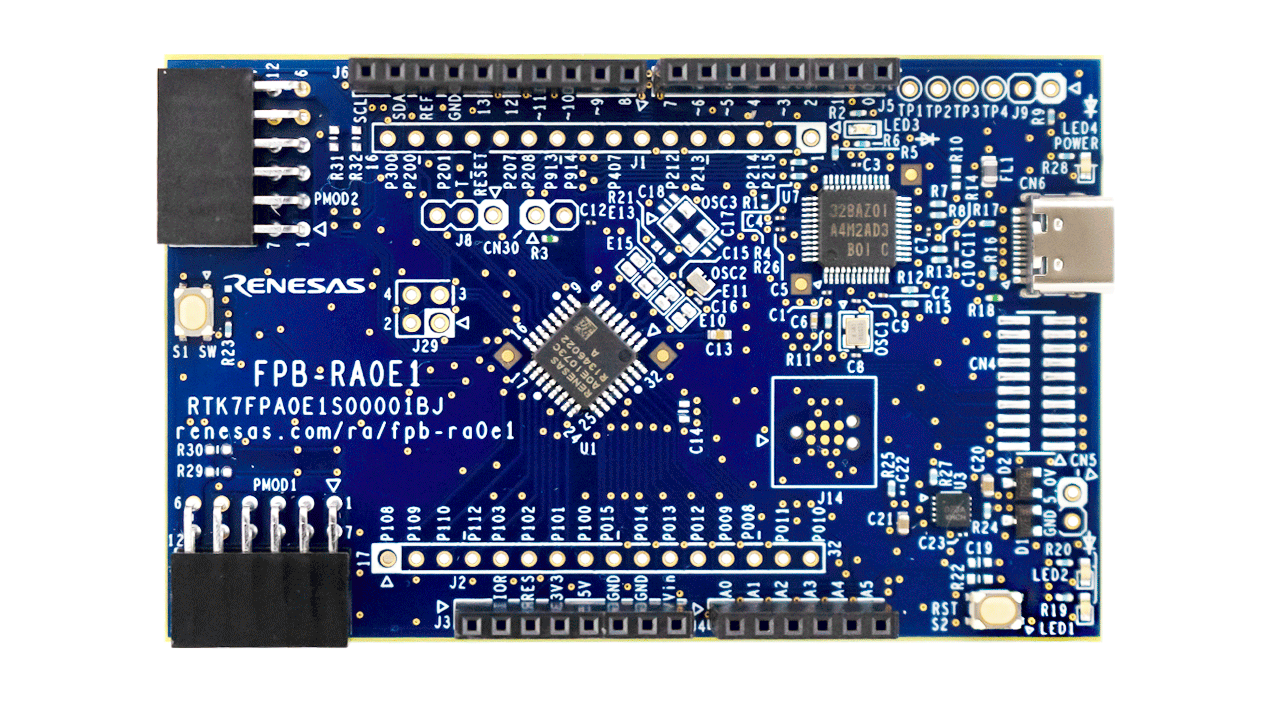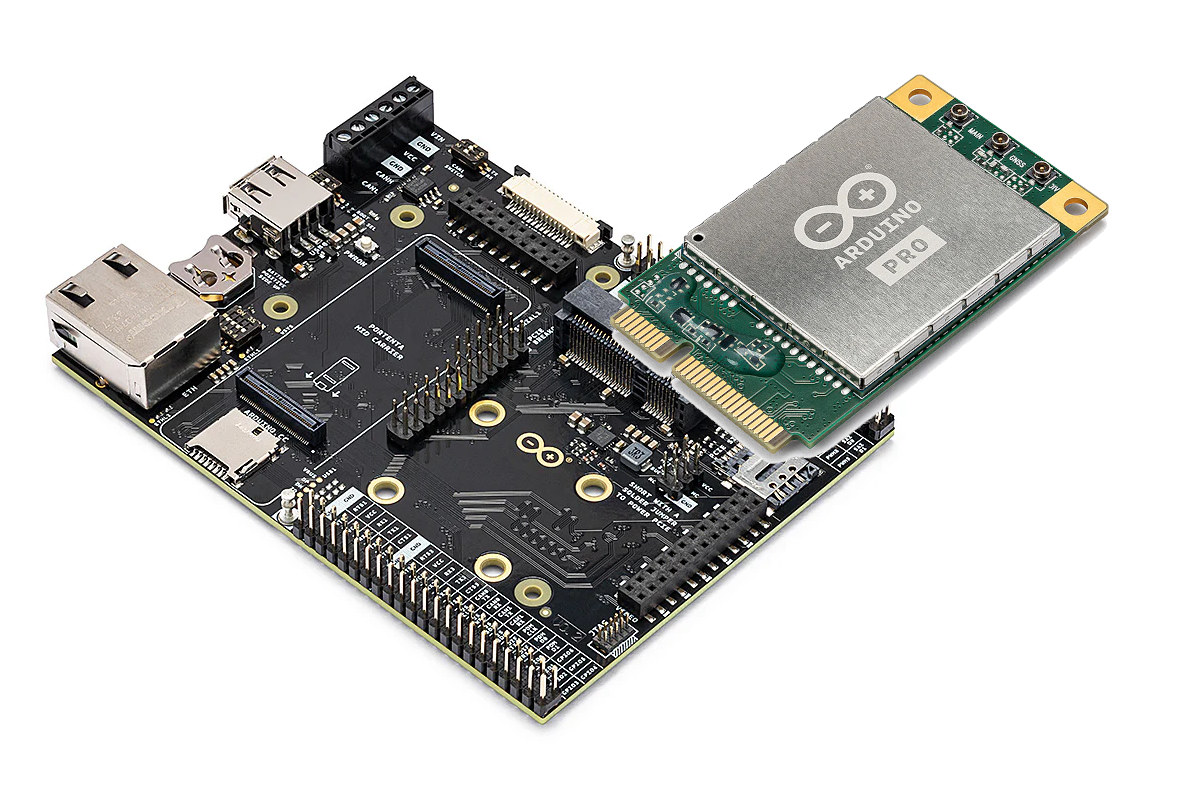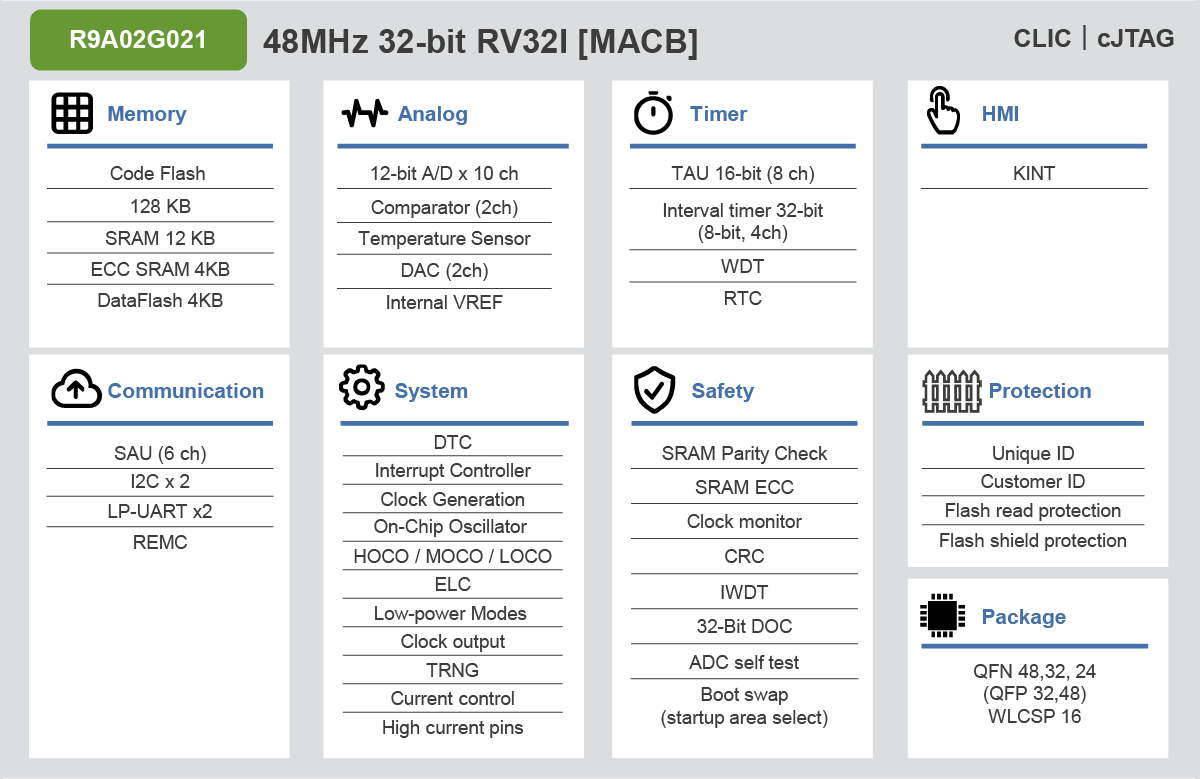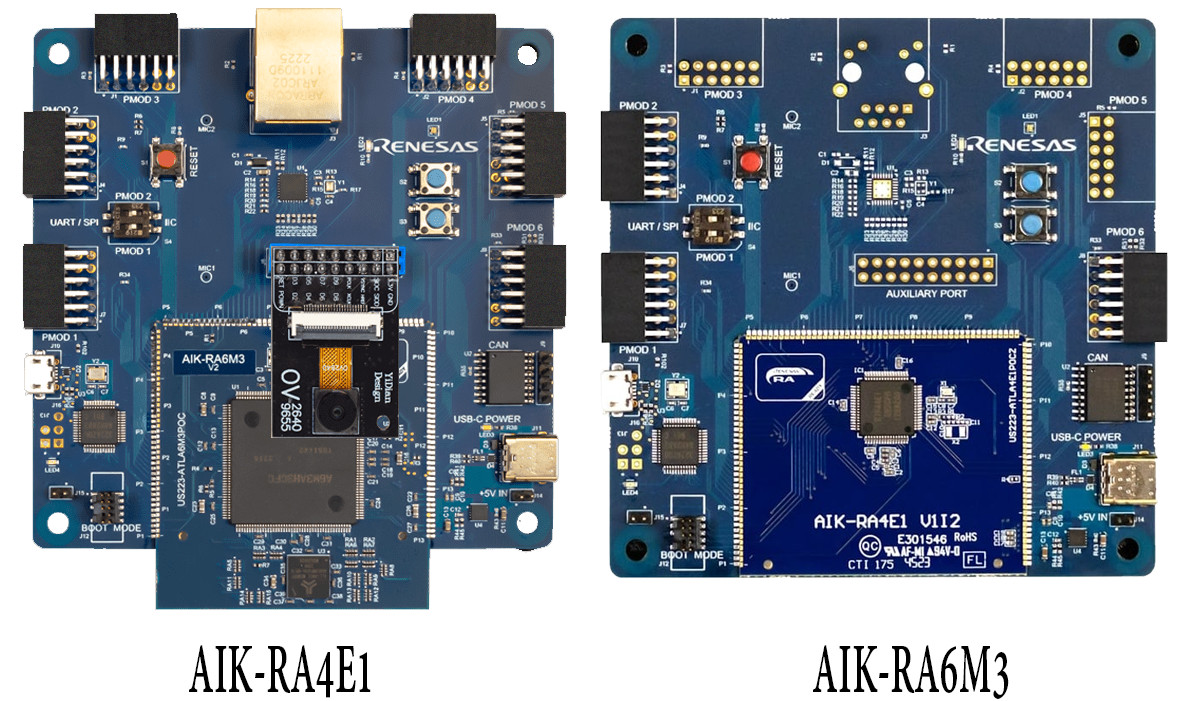PiEEG has launched the ardEEG shield specially designed for the Arduino UNO R4 WiFi and capable of measuring biosignals such as those used in electroencephalography (EEG), electromyography (EMG), and electrocardiography (ECG). PiEEG, led by Ildar Rakhmatulin, Research Associate at Heriot-Watt University in Edinburgh, launched the PiEEG shield for Raspberry Pi to enable brain-computer interfaces last year, and now the company has been working on the equivalent design for Arduino with the ardEEG shield equipped with eight channel taking input from wet or dry electrodes. ardEEG shield key features and specifications ADC – Texas Instruments ADS1299 Analog-to-Digital Converter for biopotential measurements Supported board – Arduino UNO R4 WiFi 8 channels for connecting wet or dry electrodes (Electrodes are positioned according to the International 10-20 system) Host interface – Arduino headers with SPI used for data transfer with a frequency from 250 SPS to 16 kSPS and a resolution of 24 bits […]
Linux 6.9 release – Main changes, Arm, RISC-V, and MIPS architectures
Linus Torvalds has just announced the release of Linux 6.9 on LKML: So Thorsten is still reporting a few regression fixes that haven’t made it to me yet, but none of them look big or worrisome enough to delay the release for another week. We’ll have to backport them when they get resolved and hit upstream. So 6.9 is now out, and last week has looked quite stable (and the whole release has felt pretty normal). Below is the shortlog for the last week, with the changes mostly being dominated by some driver updates (gpu and networking being the big ones, but “big” is still pretty small, and there’s various other driver noise in there too). Outside of drivers, it’s some filesystem fixes (bcachefs still stands out, but ksmbd shows up too), some late selftest fixes, and some core networking fixes. And I now have a more powerful arm64 machine […]
Arduino Pro Opta D1608E/D1608S expansions feature electromechanical or solid-state relays, 16 I/Os
Arduino has recently announced two new expansions to their Arduino Pro Opta PLC series – the Arduino Pro Opta Ext D1608E and Arduino Pro Opta Ext D1608S, the main difference between the two is that the D1608E features 8 electromechanical relays (EMRs) whereas the D1608S features solid-state relays (SSRs). Other than that both expansion modules have 16x programmable I/Os (0-24 V digital / 0-24 V analog) which doubles the number of I/Os we have seen on the Opta micro PLC. Both are compatible with the Arduino IDE and the PLC IDE and are easy to install on a DIN rail. These features make it suitable for control, monitoring, and predictive maintenance applications. Previously we have seen Arduino launch a PLC Starter Kit for those who want to get started with PLCs. Additionally, we have written about ESP32-powered PLCs, Raspberry Pi-powered PLCs, and more. Feel free to check those out if you […]
SparkFun Thing Plus – RA6M5 board supports Bluetooth 5.1 LE through Renesas DA14531MOD module
SparkFun Thing Plus – RA6M5 is a small MCU board based on a 200 MHz Renesas RA6M5 Cortex-M33 microcontroller and a Renesas DA14531MOD Bluetooth 5.1 LE module that follows Adafruit Feather/Sparkfun Thing Plus form factor. The module can transmit data over BLE with just 4mA (at 3.3V) power consumption and the company claims the board to be powered by a coin-cell battery. A LiPo battery can also be connected to the board through a 2-pin JST battery connector, and the Things Plus – RA6M5 board also features a single-cell charger and LiPo fuel gauge. Sparkfun Thing Plus – RA6M5 specifications: Microcontroller – Renesas R7FA6M5AH3CFP Core – Arm Cortex-M33 microcontroller @ up to 200 MHz Memory – 512KB SRAM Storage – 2MB Flash Security – Arm TrustZone, and Secure Crypto Engine 9 Wireless – Renesas DA14531MOD module for Bluetooth 5.1 LE connectivity with support for CodeLess AT command Datapump Radio Transmit […]
Renesas RA0 Cortex-M23 MCU series target power and cost-sensitive applications
Renesas has announced the new low-power RA0 microcontroller series based on the power-efficient Arm Cortex-M23 core and the entry-level RA0E1 Group in the series. According to Renesas, the RA0 microcontrollers offer the “industry’s lowest overall power consumption for general-purpose 32-bit MCUs.” With a current consumption of 84.3 μA/MHz in active mode and only 0.82 mA in sleep mode, these microcontrollers are built to provide ultra-low power consumption. They also offer a Software Standby mode where the CPU, peripheral functions, and internal oscillators cease to operate. This mode reduces power consumption further by 99% down to 0.20 µA. They also come with a high-precision, High-speed On-Chip Oscillator (HOCO) for fast wake-up. The Cortex-M23 core is based on the Armv8-M instruction set and offers a maximum clock frequency of 32 MHz, with up to 64KB of code flash memory and 12KB SRAM for storing application code and data. This feature set makes […]
Arduino announces the Pro 4G Module and Portenta Mid Carrier board at Embedded World 2024
Arduino has announced two new products that are part of the Arduino Pro family at Embedded World 2024: the Arduino Pro 4G Module and Arduino Portenta Mid Carrier board. Arduino Pro 4G module Two variants of the mini PCIe module are available: one global and one for the EMEA and Southeast Asia markets with similar interfaces, but based on different Quectel modules, and the global model also supports GNSS. Specifications: Both also support 3G/2G fallback if 4G LTE network connectivity is out of range. The 4G LTE module works with Arduino Pro carrier boards featuring a mini PCIe connector such as the Max Carrier and the new Mid Carrier which we will be covering below. More information can be found on the documentation website and product page. The Arduino Pro 4G module global goes for $65 while the EMEA version sells for 29 Euros. Those prices are without antennas which […]
R9A02G021 is the first microcontroller with Renesas 32-bit RISC-V CPU core design
Renesas R9A02G021 is the first MCU group to use the company’s in-house designed 32-bit RISC-V CPU core with 3.27 CoreMark/MHz, RV32I base plus M/A/C/B extensions, and features such as a stack monitor register, a dynamic branch prediction unit, and a JTAG debug interface. Renesas has been making RISC-V chips at least since 2022 with the likes of RZ/Five 64-bit microprocessor and R9A06G150 32-bit voice control ASSP. All those were based on Andes RISC-V cores, but since the company has now designed its own 32-bit core, future Renesas 32-bit RISC-V microcontrollers are all likely to feature the in-house core, starting with the R9A02G021 general-purpose MCU group. Renesas R9A02G021 key features and specifications: RISC-V Core Renesas RISC-V instruction-set architecture (RV32I + MACB + Ziscr, Control and Status Register (CSR) instructions + RISC-V Zifencei Instruction-Fetch Fence) Maximum operating frequency – 48 MHz Debug and Trace – RISC-V External Debug Support cJTAG Debug Port […]
Renesas AIK-RA4E1 and AIK-RA6M3 reference kits are designed for accelerated AI/ML development
Renesas AIK-RA4E1 and AIK-RA6M3 are two new development boards based on RA-series 32-bit microcontrollers. These new dev boards have multiple reconfigurable connectivity functions to accelerate AI and ML design and development time. Both boards appear similar, but the AIK-RA4E1 uses the R7FA4E110D2CFM MCU, features three Pmod ports, and has no Ethernet support. On the other hand, the AIK-RA6M3 utilizes the R7FA6M3AH3CFC MCU, has six Pmod ports, and includes Ethernet support. Both the boards support full-speed USB and CAN bus. Renesas AIK-RA4E1 and AIK-RA6M3 reference kits specifications (Consolidated): RA4E1 Microcontroller Features: Model: R7FA4E110D2CFM Package: 64-pin LQFP Core: 100 MHz Arm Cortex-M33 SRAM: 128 KB on-chip Code Flash Memory: 512 MB on-chip Data Flash Memory: 8 KB on-chip RA6M3 Microcontroller Features: Model: R7FA6M3AH3CFC Package: 176-pin LQFP Core: 120 MHz Arm Cortex-M4 with FPU SRAM: 640 KB on-chip Code Flash Memory: 2 MB on-chip Data Flash Memory: 64 KB on-chip Connectivity: One USB […]


